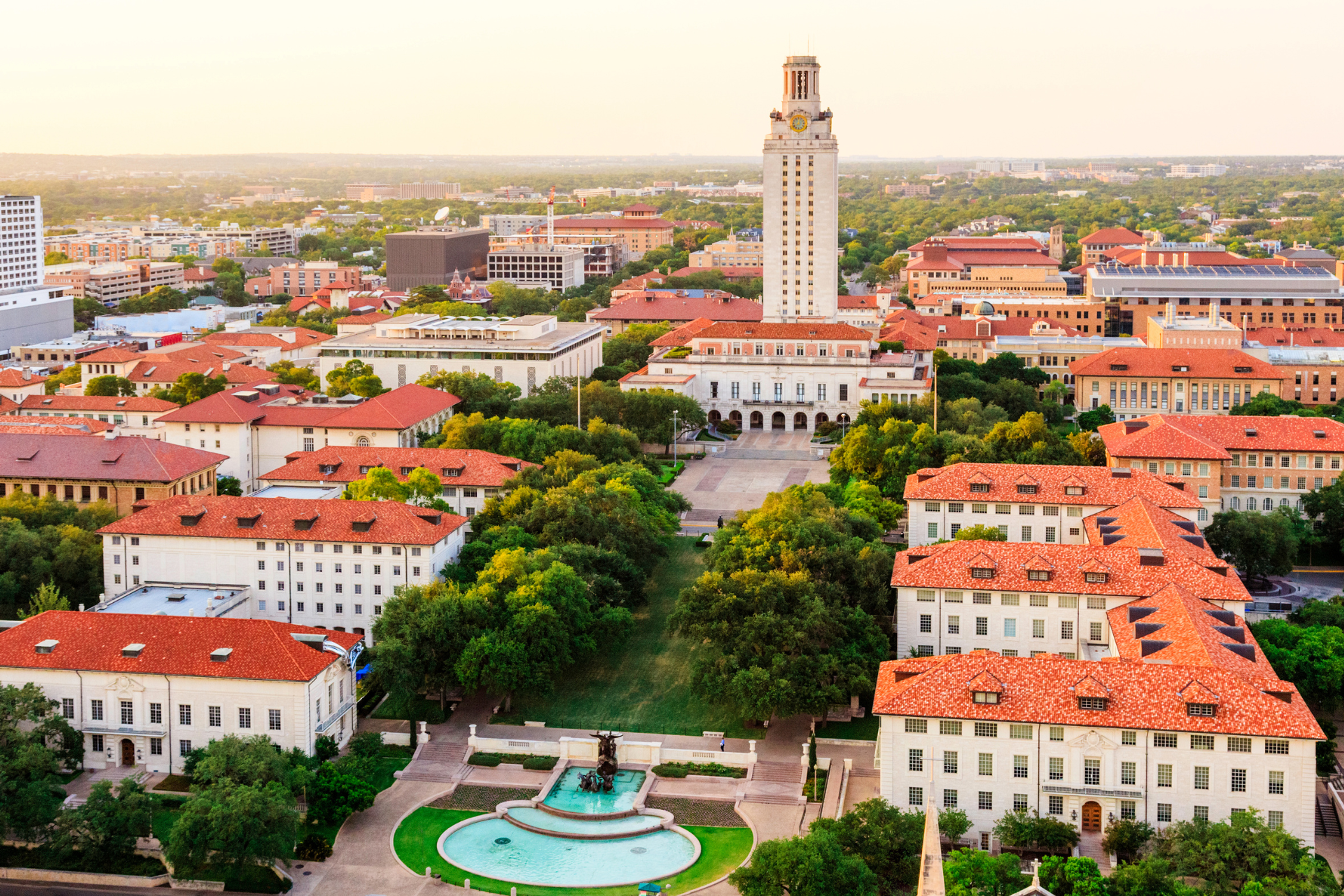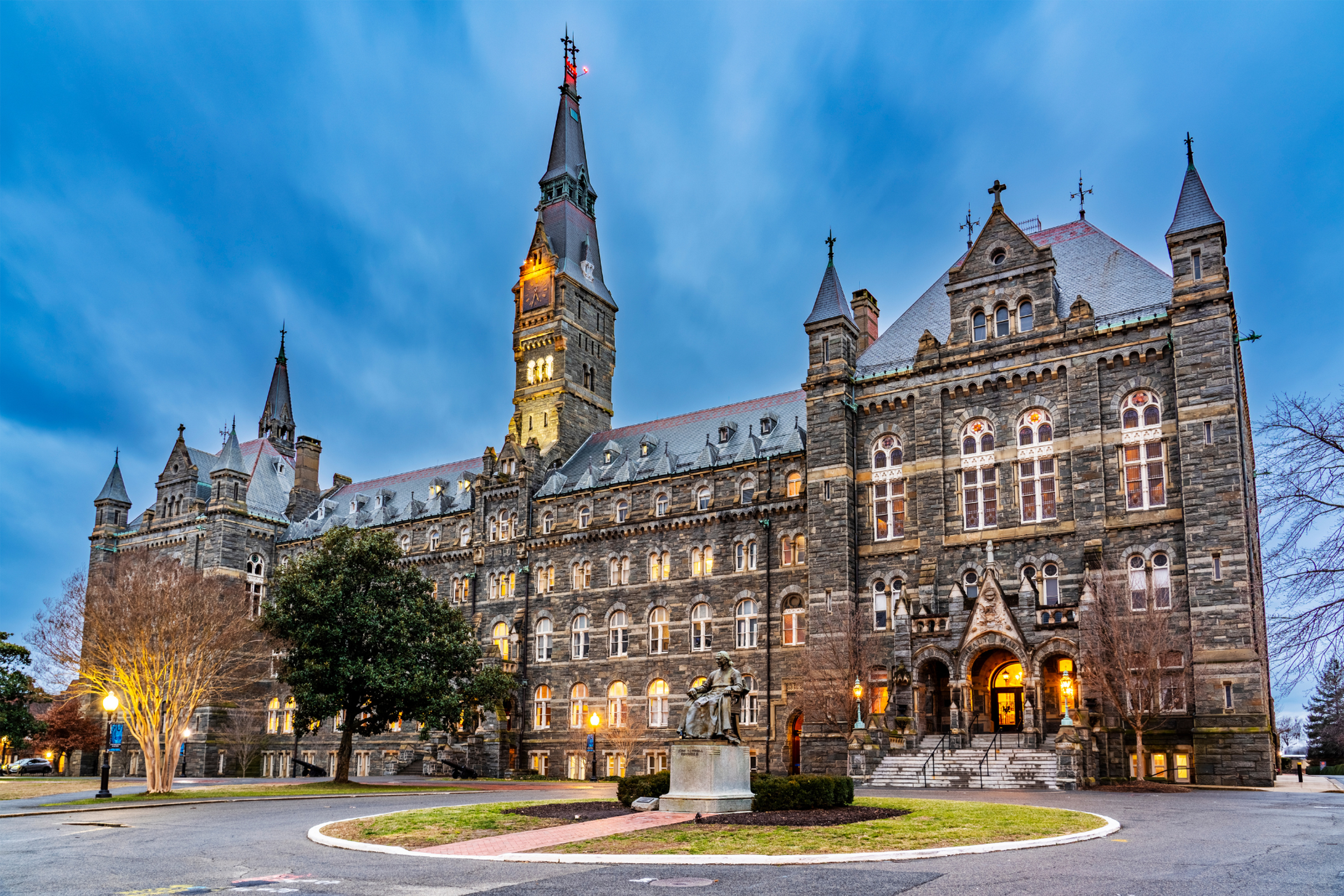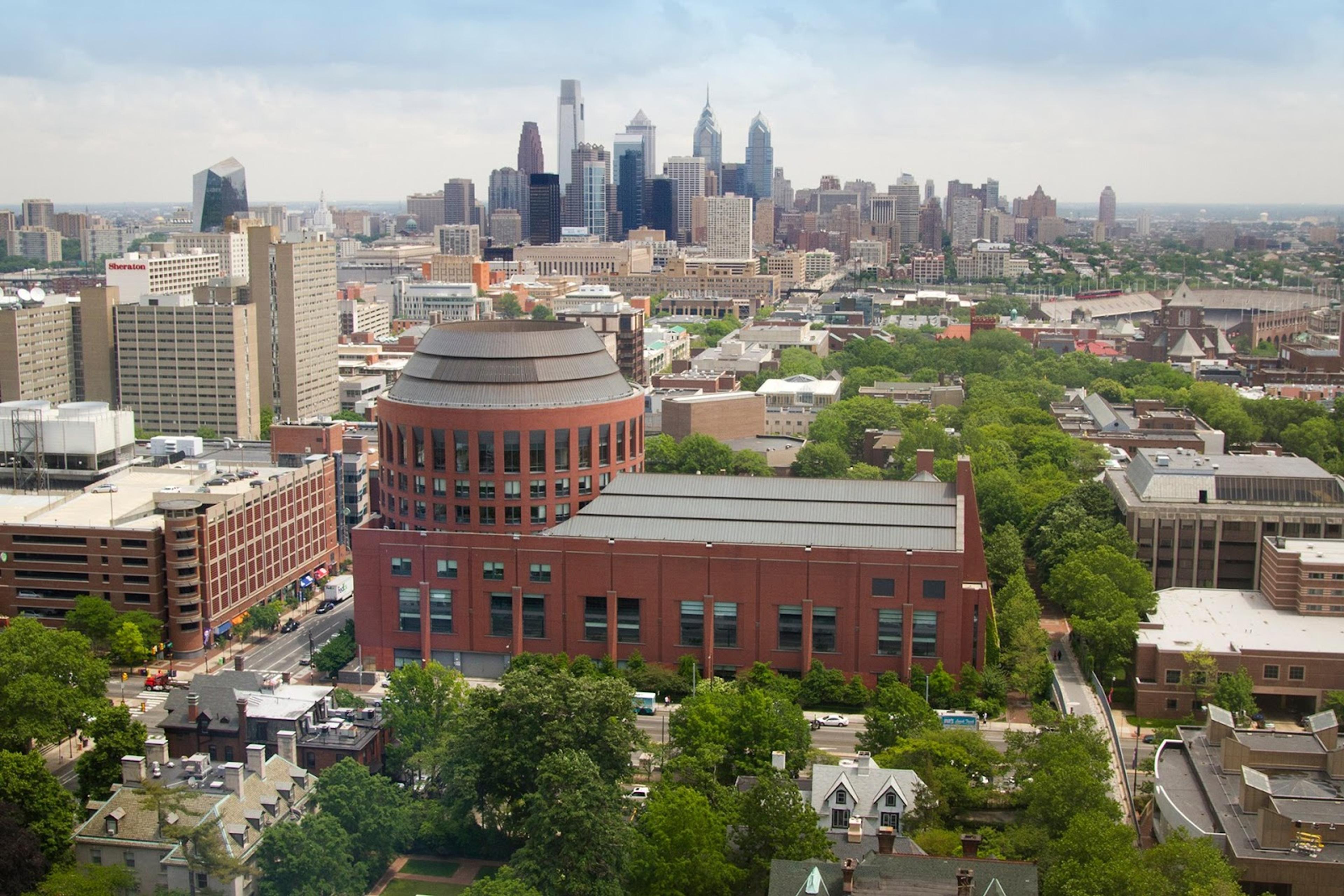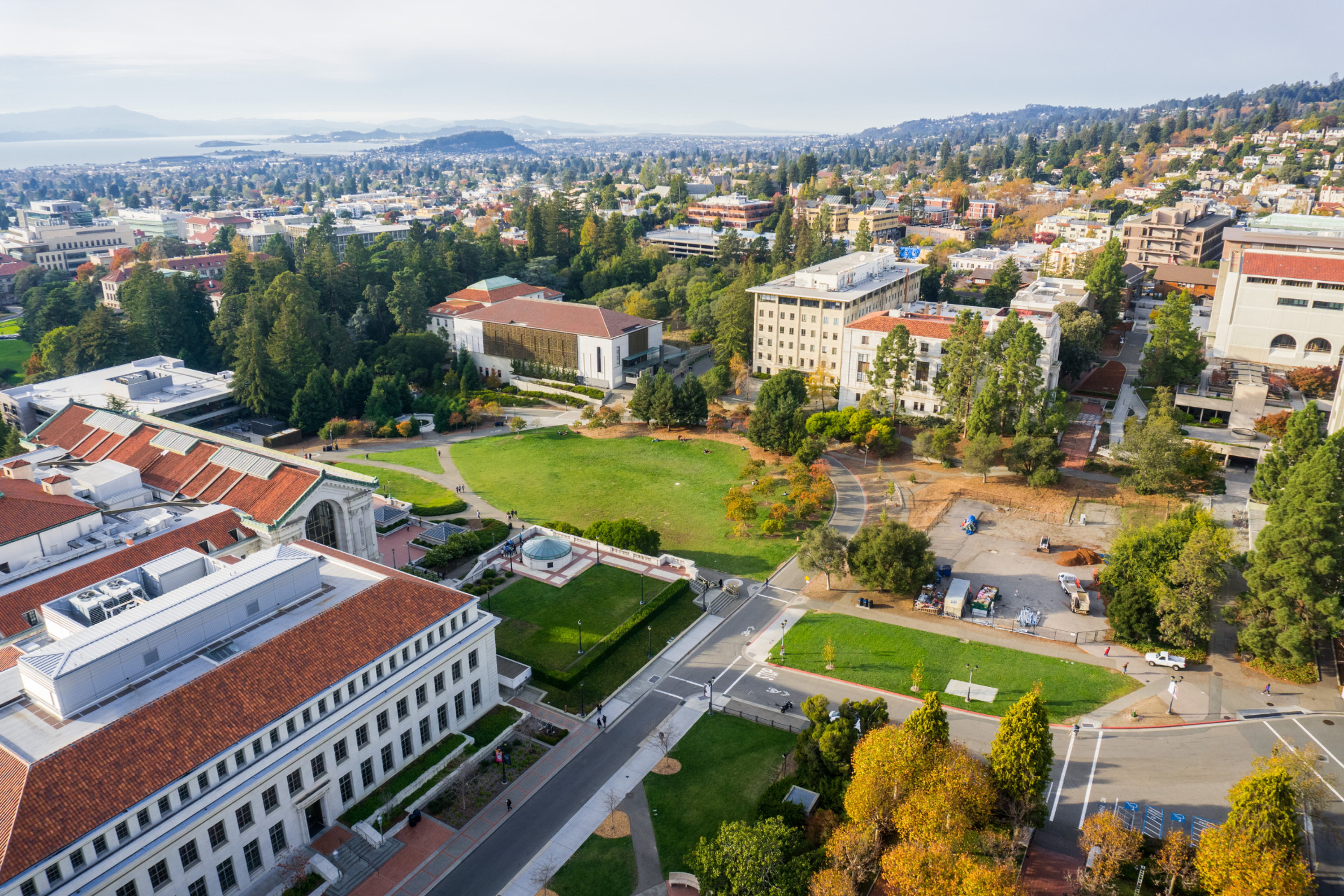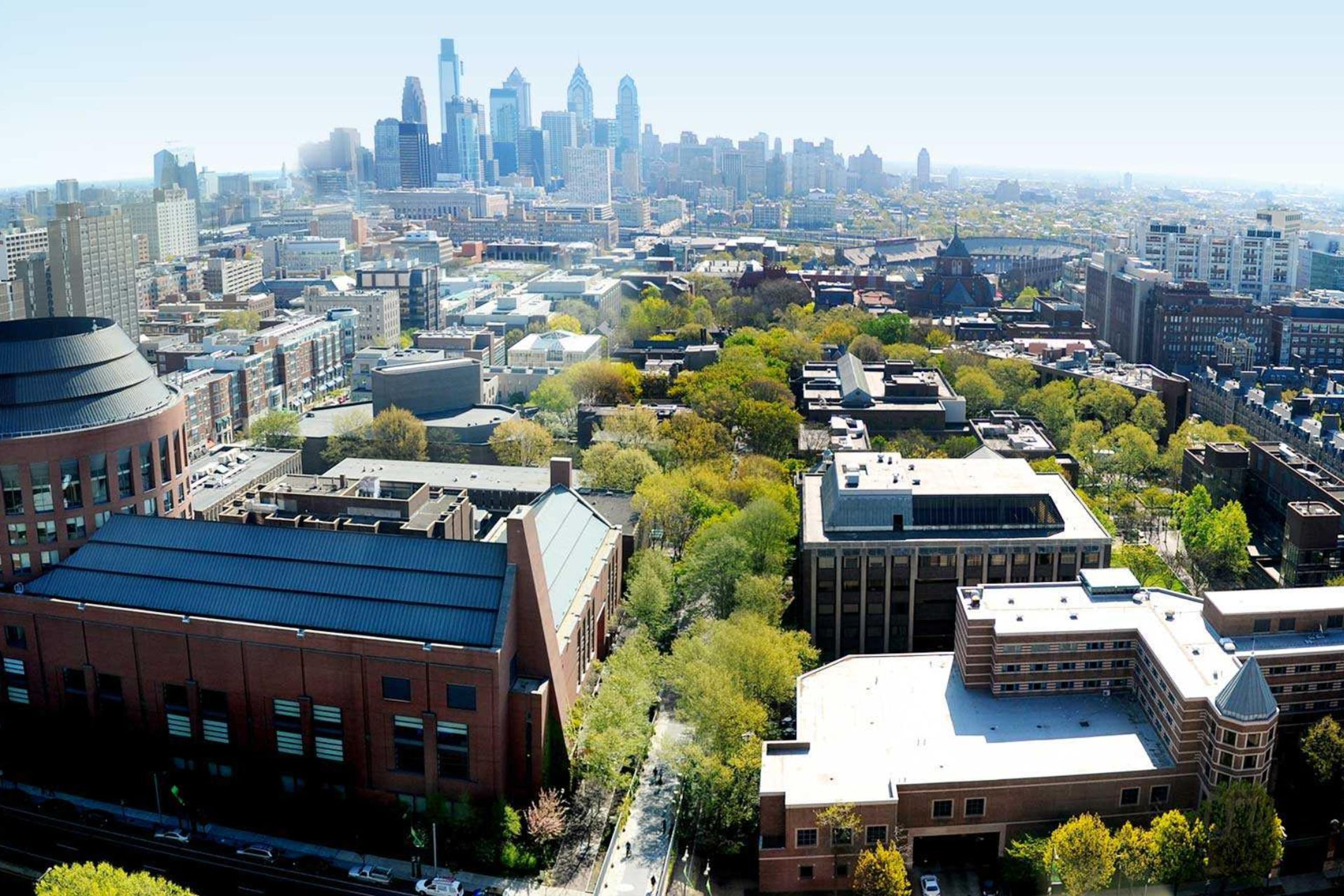
Table of Contents
The Wharton School of the University of Pennsylvania, renowned for its world-class MBA program, is a dream destination for many aspiring business leaders. However, the financial commitment required to attend this prestigious institution is a significant consideration. In this comprehensive guide, we will break down the tuition and fees associated with pursuing an MBA at Wharton.
What is the Cost of a Wharton MBA?
When planning for an MBA at Wharton, it's essential to understand that the cost of attendance extends beyond just tuition. There are several other expenses to consider, such as living expenses, health insurance, books, and supplies, among others.
These costs can vary significantly depending on personal lifestyle and choices. Therefore, it's crucial to budget accordingly and consider all potential expenses when calculating the total cost of an MBA at Wharton.
Tuition
The first-year tuition for the Wharton MBA program for the 2025-2026 academic year is $87,970. This cost also covers:
- General Fee (covers counseling, fitness centers, career services, etc.)
- Pre‑term Fee (for orientation and preparatory modules)
- Course Material Fee (textbooks, online access codes)
- Clinical Fee (supports Student Health Plan and wellness services)
It's important to note that tuition typically increases each year due to inflation and other factors. Therefore, students should anticipate a slight increase in tuition costs each year.
Books, Supplies, & Miscellaneous
In addition to tuition, books and supplies are another cost to consider. The books, supplies, and other miscellaneous fees of $1,080.
This estimate includes textbooks, course materials, and other necessary supplies. Students can potentially save money by purchasing used textbooks or renting textbooks when possible.
Living Expenses
Living expenses are a significant part of the cost of attending Wharton. These costs can vary greatly depending on personal lifestyle and choices.
The estimated living expenses for a single first-year student for the 2025-2026 academic year is $39,584. This estimate includes housing, transportation, and personal expenses.
Room and Board
Accommodation cost can vary greatly depending on the type of its type (on-campus vs. off-campus), location, and personal preferences. On average, first-year students can expect to spend $28,320 on room and board accommodations.
It's important to note that living on-campus is typically more expensive than living off-campus. However, living on-campus provides certain conveniences such as proximity to classes and campus resources.
Health Insurance
Health insurance is a mandatory requirement for all students. The cost of health insurance for the 2023-2024 academic year is $4,662.
This cost covers the university's student health insurance plan. Students may opt-out of this plan if they have comparable coverage through another source.
Financial Aid and Scholarships
Despite the high cost of attendance, there are several financial aid options available to help offset the cost. These include loans, scholarships, and work-study programs.
Wharton offers several merit-based scholarships that students can apply for. Additionally, students may also be eligible for federal and private loans.
Scholarships
Wharton offers several merit-based scholarships that students can apply for. These scholarships are highly competitive and are awarded based on academic achievement, leadership potential, and other factors.
Additionally, there are several external scholarships that students can apply for. These scholarships are offered by various organizations and foundations and have their own eligibility criteria and application processes.
Loans
Students may also be eligible for federal and private loans. Federal loans typically have lower interest rates and more favorable repayment terms than private loans.
It's important to carefully consider the terms and conditions of any loan before accepting it. Students should also consider their potential earning potential after graduation when deciding how much to borrow.
Final Note
The cost of attending Wharton is a significant investment. However, with careful planning and budgeting, it's possible to manage these costs and make the dream of attending Wharton a reality.
Remember, the cost of an MBA should be considered an investment in your future. The skills and knowledge gained from a Wharton MBA can open doors to lucrative career opportunities and a lifetime of earning potential.
Work with a top MBA coach who’s helped others navigate funding, scholarships, and ROI decisions so you can invest wisely and confidently in your future. Find your MBA coach here.
Read these next:
- Stanford GSB Costs: MBA Tuition & Fees Breakdown (With Scholarships)
- Harvard MBA Costs: Tuition & Fees Breakdown (With Scholarships)
- Chicago Booth MBA Cost: Tuition & Fees Breakdown
- MIT Sloan MBA Cost: Tuition & Fees Breakdown
- The Top 25 MBA Programs—Acceptance Rates, Tuition, and More
FAQs
How much is a Wharton MBA deposit?
- All deposits made toward joining the Wharton MBA program are nonrefundable, including the $2,000 enrollment deposit and the $8,000 deferral deposit fee required after a deferral has been granted.
Does Wharton offer a 1-year MBA?
- Wharton's full-time MBA program takes two years to complete, and it all happens on campus in Philadelphia. With Wharton's rigorous yet flexible curriculum, you'll gain a strong foundation of business knowledge with the freedom to explore new areas of study. Wharton charged entrants $84,830 in MBA tuition fees for the academic year 2024-25. For the two-year, full-time MBA program at Wharton, they should expect to pay double that—approximately $169,660 in tuition, which is actually lower than the tuition fees in 2023.
What is the average salary after a Wharton MBA?
- The average base salary for Wharton MBA graduates is $182,000, with a median of $180,000. Graduates earn signing bonuses of up to $30,000, received by 85% of students.
Is the Wharton MBA worth it?
- An MBA from Wharton significantly boosts earning potential, with graduates from the Class of 2024 achieving a median base salary of $175,000 in their first year.
How to pay for a Wharton MBA?
- Many Wharton MBA students rely on student loans to cover their cost of attendance. Note that borrowing loans to cover 100% of the student budget will increase your overall debt after graduation. Educational student loans are available through the Federal Loan Program or private lenders.




